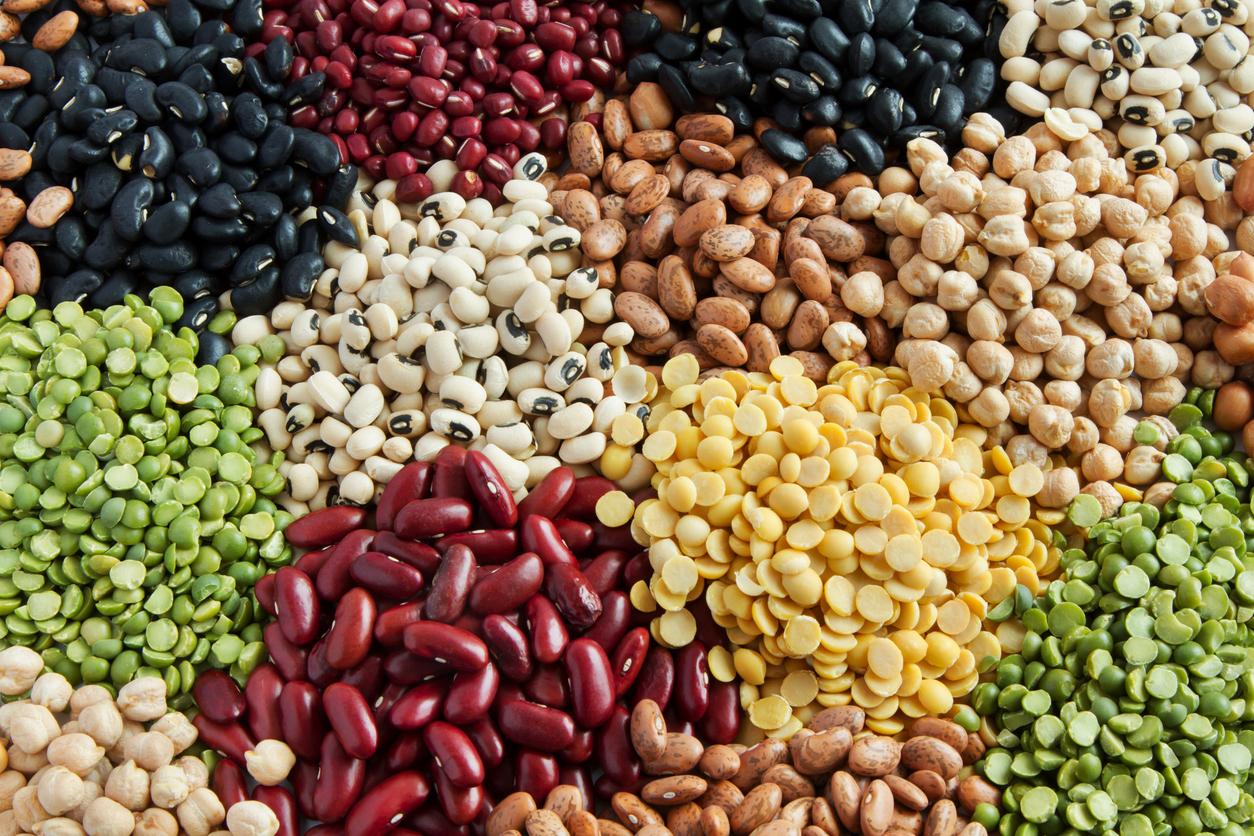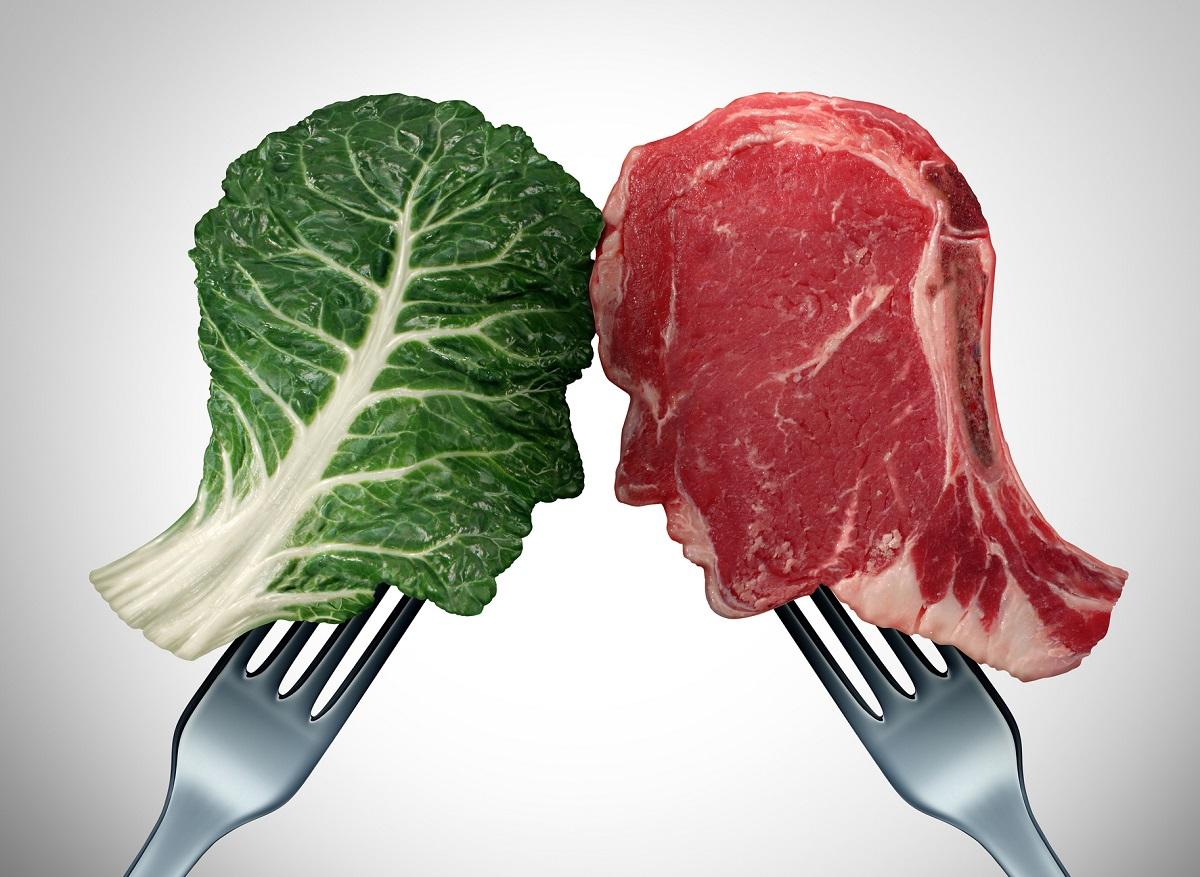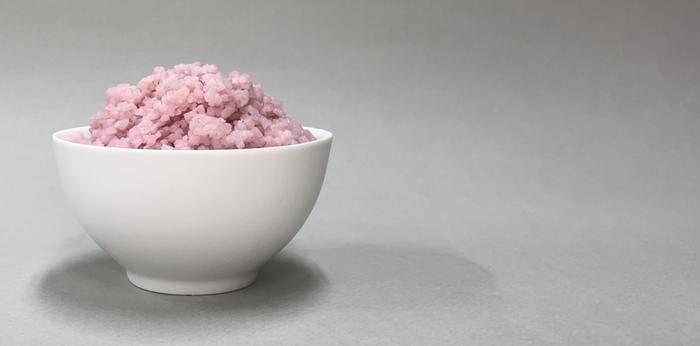In 2017, according to an Ifop survey, 5% of French people declared themselves to be vegetarians (i.e.: eating neither meat nor fish) or vegans (neither meat, nor fish, nor food from farms). animal: eggs, milk, cream, honey, etc.).
To seduce this public who say “no” to meat, brands have therefore started to develop “meat-like”, that is to say foods that look like meat but do not contain it: meatballs, steaks, skewers, escalopes… generally made from vegetable products.
Fattier, saltier and higher calorie meat alternatives
But are these meat substitutes really good for your health? Not so sure. Thus, several nutritionists (questioned by our British colleagues from The Independent) first compared a piece of chicken with 3 substitutes. Verdict: simulated chicken meat (which is usually made from mushrooms or soy) is, on average, saltier, higher in calories and lower in protein.
The experts then compared a serving of minced beef with an imitation meat made from water and peas: again, they found that the meat substitute was, on average, fattier, saltier and more calorie.
When you have chosen a meatless diet (vegetarian or vegan), it is therefore preferable to consume meat substitutes in moderation. To fill up on protein, you can turn to vegetable sources: soy, hemp seeds, pumpkin seeds, spirulina, fenugreek, chickpeas…
Read also :
- 9 100% vegetarian winter recipes
- Are vegetarian products (really) healthier?
- Vegetable drinks, a good alternative to milk?
















